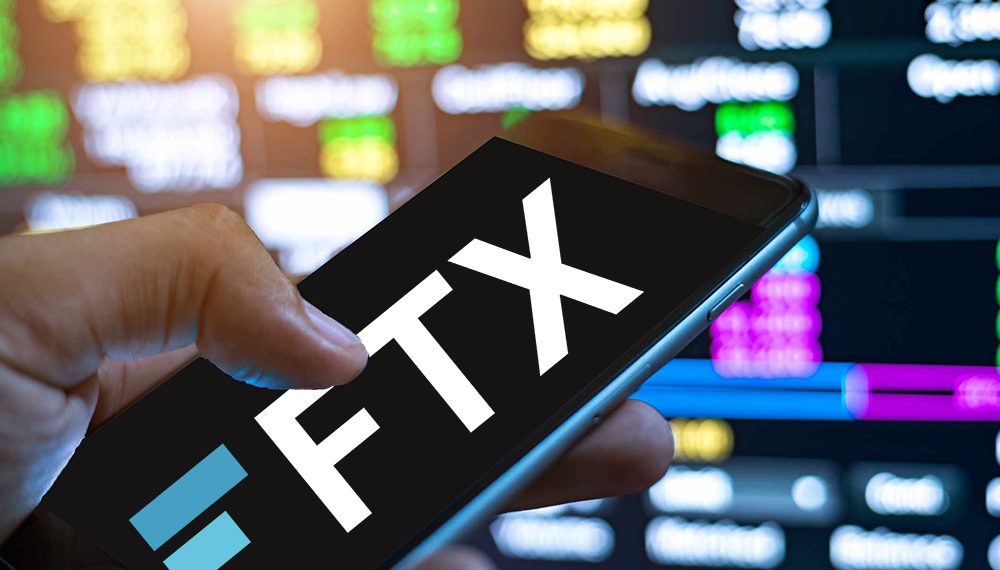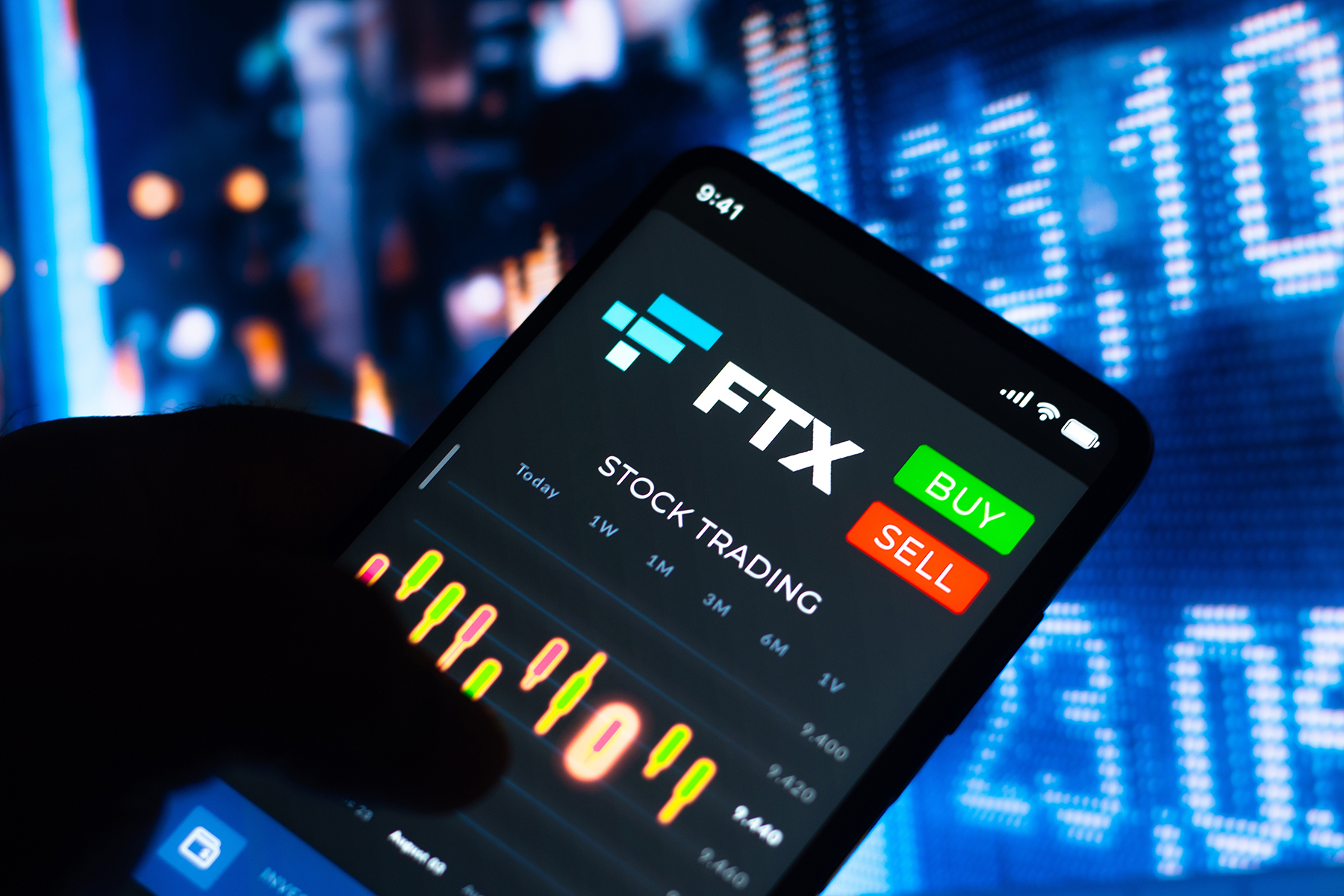Introduction
In November 2022, the cryptocurrency world was shaken by the collapse of FTX, one of the largest and most influential crypto exchanges globally. Founded by Sam Bankman-Fried, FTX was lauded for its innovative approach and rapid growth in the burgeoning sector of digital finance. However, the sudden implosion of the exchange not only resulted in significant financial losses for its users and investors but also triggered a ripple effect across the entire crypto industry and beyond.
The Fallout of the FTX Collapse
The Immediate Impact
Loss of Investor Trust and Capital
The immediate fallout from the collapse of FTX was profound. Thousands of investors found their funds locked in the platform, with no clear recourse to recover their investments. This situation was exacerbated by the bankruptcy proceedings that followed, which revealed a significant shortfall in the exchange’s assets compared to its liabilities. The trust, once abundant in the crypto markets, especially in seemingly robust platforms like FTX, eroded overnight.
Regulatory Scrutiny and Legal Actions
The FTX debacle attracted intense scrutiny from regulators around the world. In the United States, the Securities and Exchange Commission (SEC), the Commodity Futures Trading Commission (CFTC), and several state regulators began investigating the circumstances that led to the collapse. Legal actions were initiated not only against the founder Sam Bankman-Fried but also against several executives associated with FTX, raising questions about the oversight and governance within crypto exchanges.
The Collapse of FTX: What Went Wrong With the Crypto Exchange?
Broader Implications for the Crypto Market
Market Volatility and Decreased Valuations
The uncertainty and fear generated by the FTX collapse caused a broad sell-off in cryptocurrencies, leading to increased market volatility and a significant drop in the valuation of major cryptocurrencies, including Bitcoin and Ethereum. This downturn had a cascading effect on other crypto businesses, particularly those directly connected with FTX through partnerships and investments.
Stricter Regulatory Environment
One of the most significant long-term effects of the FTX collapse is the likely tightening of regulatory oversight of the crypto industry. Governments and financial authorities, previously hesitant to impose stringent regulations, found a renewed impetus to act. This shift aims to protect investors and ensure more transparency and accountability within crypto markets.
Top Cryptocurrency Prices and Market Cap

Impact on Startups and Innovation
Funding Challenges
Crypto startups faced a tougher funding landscape post-FTX collapse. Venture capital that was once plentiful became cautious, scrutinizing crypto projects more rigorously. This pullback affected not only new startups but also established firms seeking further growth capital.
Innovation Setback
The broader impact on innovation in the crypto space is palpable. Developers and entrepreneurs, wary of the regulatory uncertainties and market instability, may delay or scale down innovative projects. This could slow the pace of technological advancements and integration of blockchain technology in traditional financial sectors.
FTX Collapse Explained: A Timeline of Sam Bankman-Fried’s FTX Crypto Exchange Fallout!
Global Repercussions
Impact on Smaller Economies
Countries that had embraced cryptocurrencies as a part of their economic strategy had to reconsider their positions. The collapse exposed vulnerabilities that could invite financial instability, a risk smaller or developing economies cannot afford.
Shift in Crypto Narratives
Globally, the narrative around cryptocurrencies has shifted from one of unchecked optimism to cautious scrutiny. The FTX collapse serves as a stark reminder of the risks associated with digital assets and the nascent nature of the regulatory frameworks governing them.
Conclusion
The collapse of FTX marked a significant moment in the history of cryptocurrencies. It underscored the fragility of the crypto ecosystem in the absence of robust regulatory frameworks and sound governance practices. For the industry to regain the trust of the general public and continue to grow sustainably, it must embrace greater transparency, improve security measures, and foster a more cooperative relationship with regulatory bodies globally. As the dust settles, the lessons learned from the FTX collapse could pave the way for a more mature and resilient digital finance landscape.



















